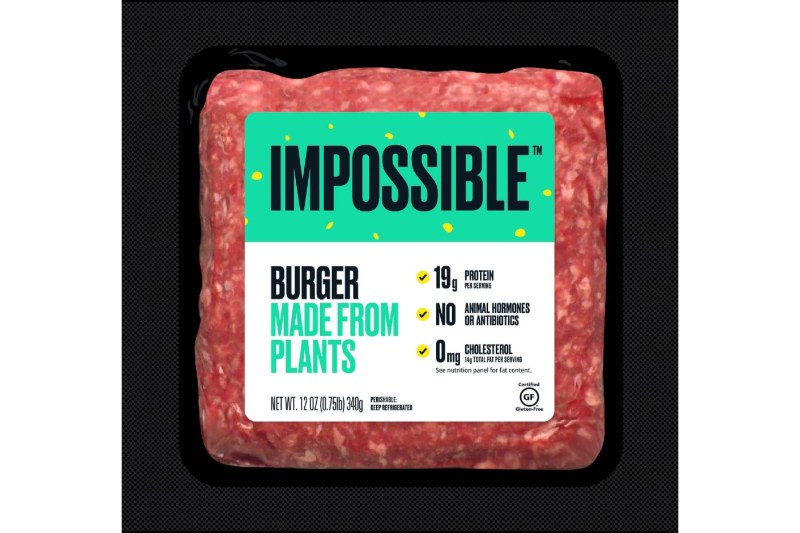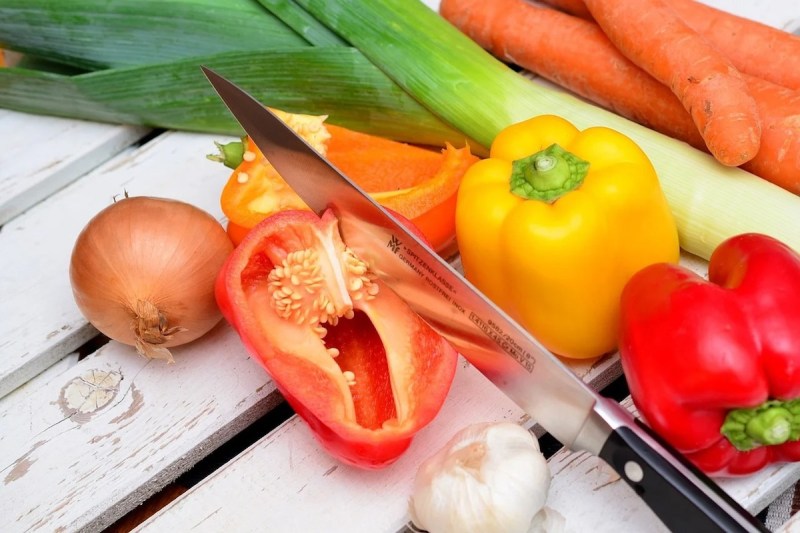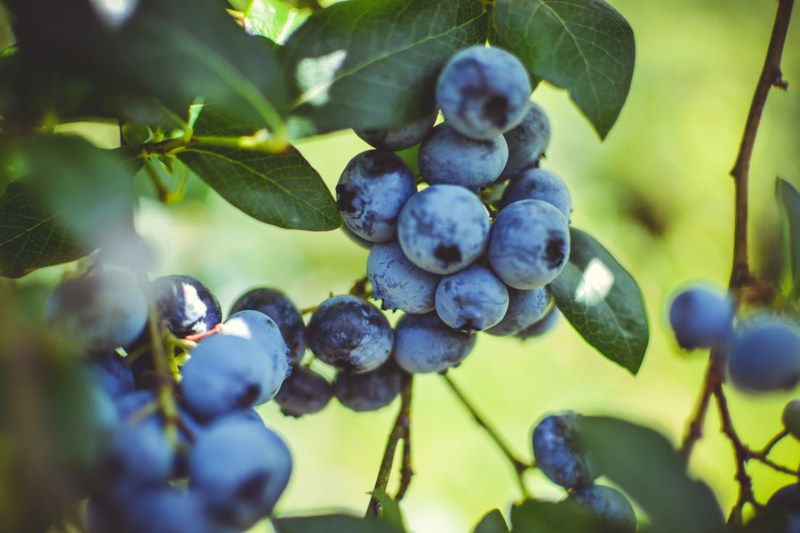For most of us, making sustainable eating choices whenever possible is a top priority. However, it can be very challenging for ordinary people to know if our decisions are genuinely the best ones. The definition of a sustainable eater is subjective and changes from person to person. For some, cutting back on plastic packaging is enough. For others, it’s a way of life that takes a lot of diligent effort to maintain. There’s a lot to consider when choosing what foods to purchase, such as the ingredients used, packaging, and the ethical business practices of food corporations.
There are even more complex aspects to decipher, like farming practices, preservatives, sustainable certifications, and the supply chain, that all play a role in sustainable eating. Also, sustainable eating doesn’t end when you purchase and eat your food—recycling all (or most) food packaging and composting food waste complete the sustainable eating cycle. Whether you’re testing the waters of sustainable eating or trying to streamline your current efforts, this guide should help.
Packaging Reduction
It might seem that choosing food manufacturers that work to reduce packaging is the obvious first choice in eating more sustainably. Although that’s true, supporting the companies that follow the most sustainable packaging practices isn’t easy.
While most food packaging is recyclable, sustainably progressive companies are moving toward compostable packaging. Though recycling is a noble effort, it’s not nearly as environmentally friendly as composting. Like all other materials, recycled goods are a commodity. There is more demand for some recyclable materials than others, which can bring into question if the low-demand items are actually being recycled.
By composting compostable food packaging at home or bringing it to a composting facility, you don’t have to worry about your sustainability efforts being in vain. However, the best course of action is to reduce the need for packaging altogether. By using reusable bags for groceries and bulk food items from grocers that offer them, you’ll be well on your way to maximum food sustainability practices.

Researching Food Producers, Retailers, and Restaurants
As a consumer of food, deciding which food producers to support is critical in sustainable eating. As a whole, the global food system accounts for 25%-30% of worldwide greenhouse gas emissions. Land use, agriculture, and the food supply chain make up the lion’s share of GHG emissions. Supporting food producers, retailers, and restaurants that source sustainably grown, stored, packaged, and transported goods can make a big difference in the fight against climate change.
Unfortunately, there’s not an easy way to know which food providers are using sustainable business practices and what precisely those business practices are. The Green Business Bureau has excellent resources on what to look for when trying to support sustainable companies. Also, though it hasn’t made its way to the U.S. yet, Foundation Earth has devised a sustainable food rating system used across the U.K. and EU. Hopefully, as sustainability becomes front and center in the states, all countries will implement strategies like these to help consumers.
End Food Waste
While land use, agriculture, and the food supply chain make up about two-thirds of the global food system’s greenhouse gas emissions, food waste is responsible for the rest. Although the 2.1 billion tons of emissions caused by food waste is a lot, it’s also the easiest to solve.
At the consumer level, doing our part to reduce food waste in our homes through composting, meal planning, and growing our food can make a huge impact. But, at the retail level, food date label confusion is a significant cause of food waste worldwide.
Since there has yet to be any federal food date label standardization in the U.S., massive amounts of food waste occur at the retail and consumer levels. As a sustainable eater, it’s crucial to understand that food date labeling is not based on exact science. Terms like use by, best by, and sell by are often used interchangeably by food manufacturers.
It’s never advisable to eat spoiled food. But, just because a food is past its expiration date doesn’t mean it’s inedible. Eating sustainably means using your best judgment and taking steps not to waste food however possible. Here are some easy ways you can reduce waste from food spoilage.
- Only purchase food you know you’ll eat. Don’t be swayed by coupons or buy-one-get-one deals. These marketing ploys are a significant cause of food waste.
- At home, meal plan, pre-portion ingredients, and freeze any food you think might spoil before use.
- Support food retailers that utilize digital food labels that discount food as it approaches its expiration date.
- If food does spoil, always compost it.
Shop Local
Shopping at local grocery stores and farmers’ markets that support local agriculture is a big part of sustainable eating. By supporting local farmers, we all can significantly reduce the greenhouse gas emissions caused by the food supply chain. Other benefits of shopping locally are fresher, more nutritious foods and stimulating the local economy.

Be Conscious of Meat and Seafood Consumption
To truly consider ourselves sustainable eaters, we have to face the reality that eating meat is generating 60% of the greenhouse gas emissions caused by food. The good news is that plant-based meat substitutes are getting better and more like the real thing every day. So if you can’t cut the meat completely, cutting back and substituting with a plant-based burger or chicken nugget is a good start.
While fishing isn’t a significant contributor to greenhouse gasses, over-fishing can have a major impact on aquatic ecosystems. Although seafood is a healthy and delicious alternative to meats of the land, it’s important to avoid fish species that are in danger of being over-fished to extinction. Greenpeace has a helpful guide to red list fish species that are being over-fished worldwide and that we should avoid.
Editors' Recommendations
- Upgrade your next barbecue with elk, the healthy red meat you should be eating
- The best fish to eat: 11 of the healthiest options for your plate
- A registered dietitian tells us the best foods to eat for an energy boost
- Cruciferous vegetables are the secret to a healthy diet — here are 9 you should be eating
- Chamomile tea only gets healthier when you add lavender — here’s why





